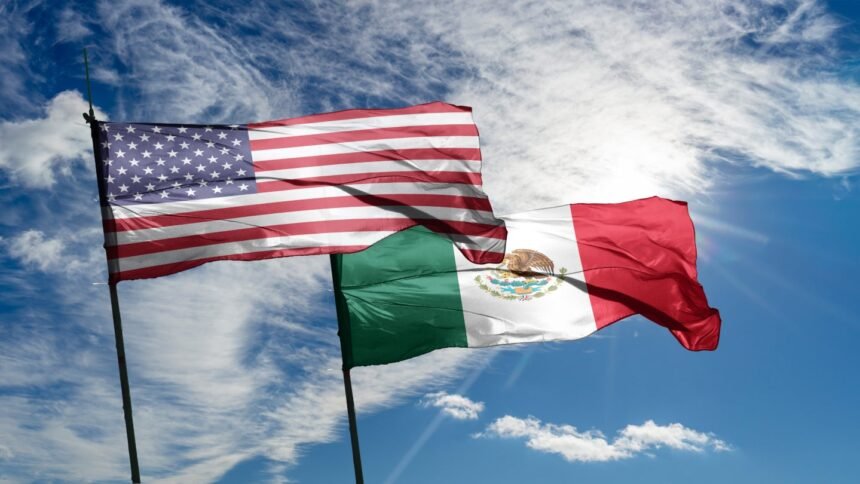Mexico is considering imposing a 50% tariff on cars from China and other Asian countries as part of a broader strategy to address trade concerns, particularly those raised by the United States and the Trump administration. The proposed tariff, which would significantly increase the current rate of 15-20%, is part of a larger package of tariffs on approximately 1,400 products. This move comes in response to pressure from the US to reduce Chinese imports.
The Mexican government’s decision to introduce these tariffs aligns with its goal of reducing reliance on imports and protecting domestic industries. The country’s trade relationship with China, including growing trade and Chinese investments in Mexico, has raised concerns about its impact on trade dynamics with the US.
Next year marks a review of the United States-Mexico-Canada Agreement (USMCA), the trade agreement that replaced NAFTA in 2020. The imposition of tariffs on Chinese cars is seen as a preemptive measure to address potential trade issues that may arise during the USMCA review.
Recent years have seen a surge in sales of Chinese cars in Mexico, as reported by GlobalData. This increase in Chinese car sales has prompted Mexico to take action to protect its automotive industry and address trade imbalances.
The proposed tariffs on Chinese cars highlight Mexico’s efforts to assert its economic interests and maintain a balanced trade relationship with its trading partners. By taking proactive steps to address trade concerns, Mexico aims to safeguard its domestic industries and ensure a level playing field in the global automotive market.






